Source:
Hu, B., Cole, C., & Wang, J. (2024). How loneliness affects consumers' reluctance to let go of used possessions. Psychology & Marketing, 1–15. https://doi.org/10.1002/mar.22117
As the holidays approach, many of us are facing down the same problem. There are far too many items, and the idea of parting with even one seems almost insurmountable. All of those self-storage units built over the past 10 years—well, they're not getting the job done. What if this is more than a simple attachment to things, though? A study in *Psychology & Marketing* (2024) has unveiled an intriguing connection between our desire to keep things and feelings of loneliness. Let’s explore this connection as we dive into these findings and look for lessons for the holidays.
The Loneliness-Clutter Connection
Lonely people seem to find it harder to dispose of things, even if those things aren't useful and could make other people happy. This is most likely caused by a more profound attachment to belongings. Lonely people may find themselves turning to their belongings as replacements for a lack of close social ties. It’s as if things can offer silent companionship— filling the space where social connection used to be.
Key Findings:
Loneliness increases attachment to possessions, making it harder to let go.
This effect is stronger for self-purchased items than for gifts.
Lonely individuals may use possessions as a coping mechanism for lack of social connection.
The Gift Paradox
It's a paradox: Lonely people were shown to be more willing to get rid of gifts when compared to those who were not lonely. These findings suggest that for someone who is lonely, a gift could be a reminder of a failed relationship. We do navigate some really complex emotional stuff when it comes to belongings!
Practical Implications for the Holiday Season:
Declutter Mindfully: When you’re helping someone declutter, bear in mind how emotionally attached they might be to items. This is especially true if they might be lonely.
Declutter With Friends: It can be good to get a group together to declutter! That way, there’s an act of letting go with some social connection built right in.
Be Thoughtful About Gifts: Give experiences or consumables rather than objects that will be kept forever. Experiences create memories instead of adding more items, and consumables will simply be gone after being used.
“Take a Photo:” If a person is not able to part with a sentimental object, try photographing it before they discard the actual physical object. This way, they keep the memory while losing the burden of ownership.
Practicing Gratitude: If we make gratitude a part of the decluttering process, we can shift the focus away from the object and toward what it actually means to have a well-connected life.
Implications for Marketers and Businesses
Empathetic Marketing: Used marketplaces can do well by connecting with people through stories that speak to the emotional impact of letting go while talking about the practical aspects of the process.
Trained Decluttering Services: When it comes to professional decluttering services, the pros will always benefit from training in the psychological aspects of the relationship between people and their things, so they can provide more effective support.
Meaningful Donation Campaigns: Charities can do well by making use of the power of human connection: making connections through donation, building connections through charitable acts, and generating social impact when the act of donation brings the items to another person.
Innovative Product Design: Home organization companies could do well by developing products that help people manage sentimental items more effectively—perhaps allowing people to use them with greater frequency (that is, “use” them and not store them away in a box, or, more precisely, another box).
As we experience the holidays, a connection exists between loneliness and our things. When we understand it, we can improve how we approach decluttering, gift-giving, and consumption. Remember that the value in possessions is often in what they signify.
This holiday season, we can make time for connection. By thinking more carefully about what causes the psychological issues we may have with our belongings, we are better able to make intentional choices about what to keep, what to give, and what truly matters to us.
Call to Action
While you prepare for the holidays, ask: What is my own relationship with the objects I own? Are some of my things here because of loneliness, rather than need or joy? Try these ideas: Declutter with friends, give experiences as gifts. Share what you've discovered in the comments! Your experience might just help someone else with the same problem.
Sometimes, getting rid of a thing frees us up to make way for something else. Here’s to a holiday season rich in human relationships, memories, and well-placed items.
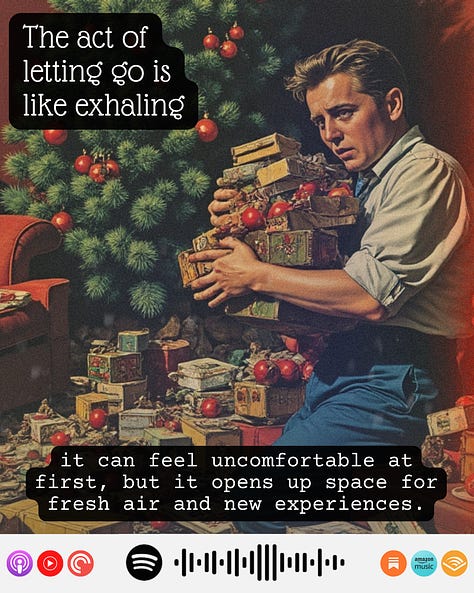
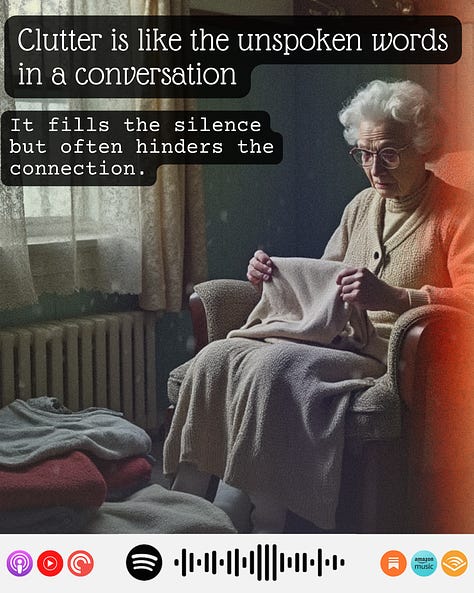
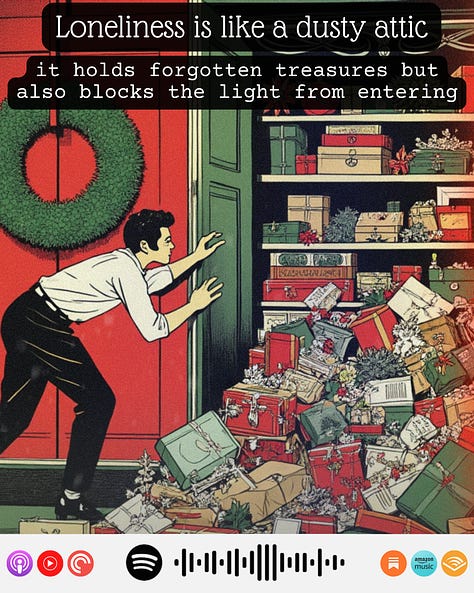
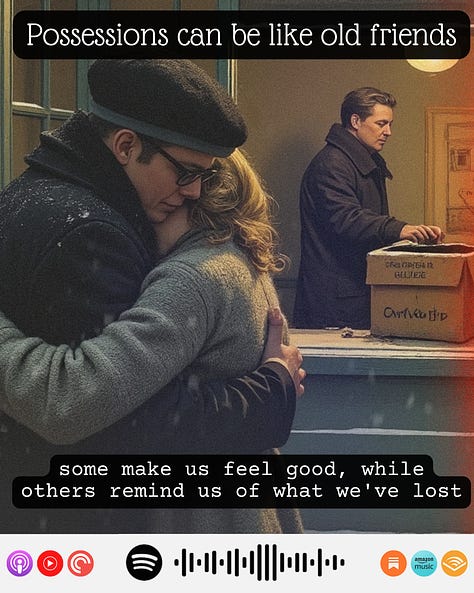
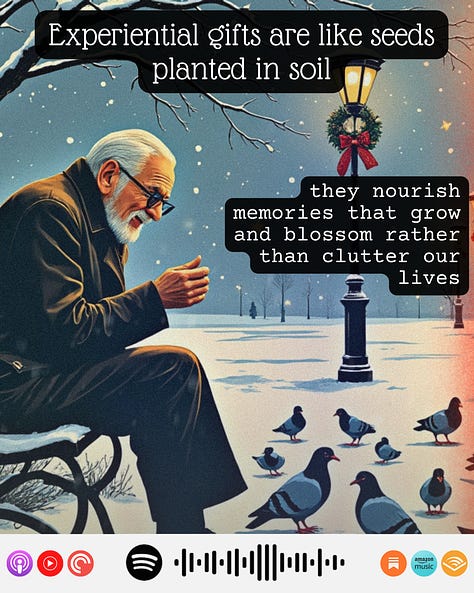
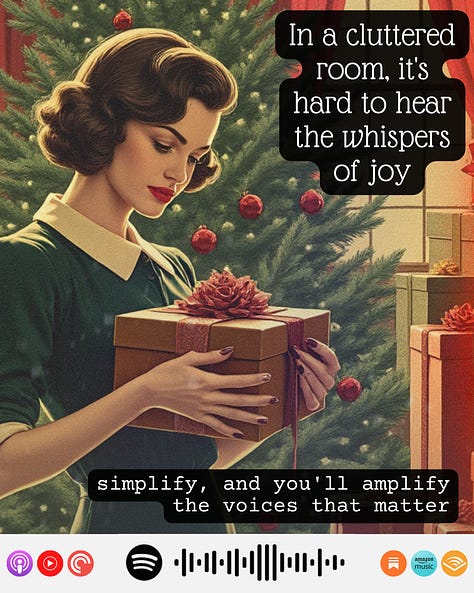








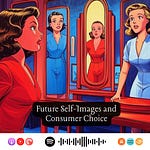
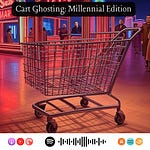

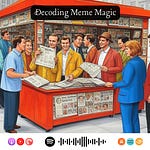
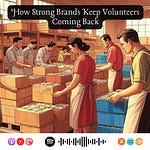
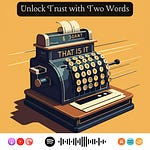
Share this post